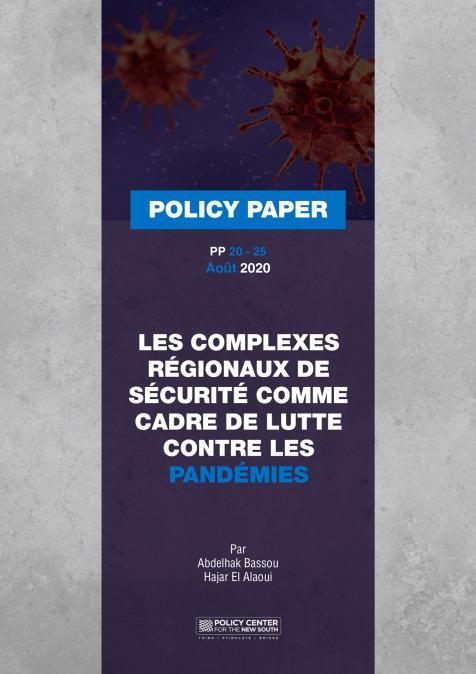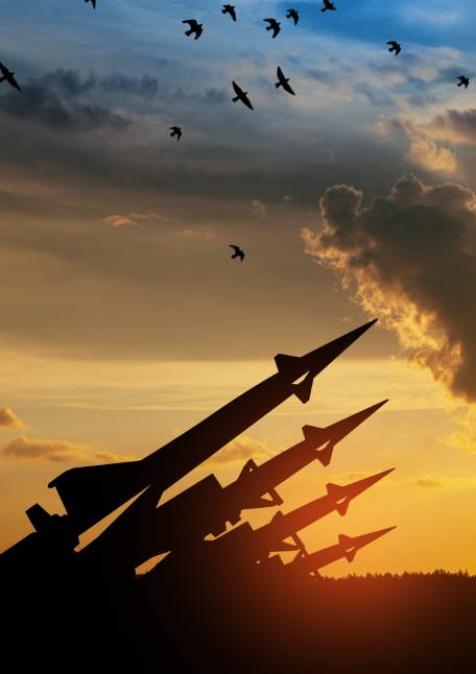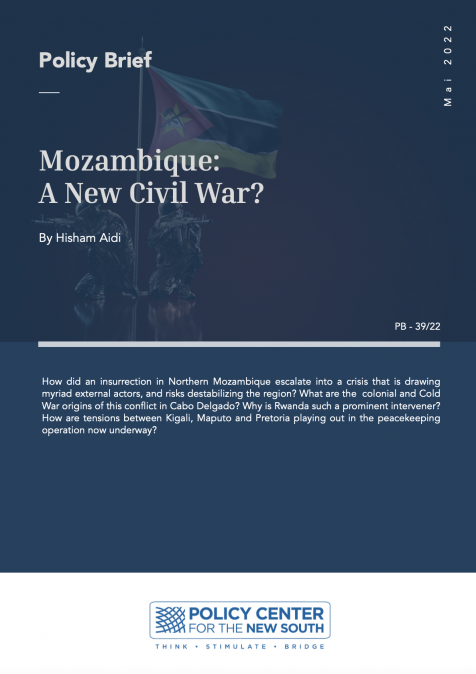Publications /
Policy Paper
Une pandémie est, par définition, un défi transnational impactant l’ensemble des organes acteurs des relations internationales. Néanmoins, c’est d’une meilleure gestion des interactions - de nature coopérative ou conflictuelle-, des entités régionales du système international, dont dépendra l’efficacité des Complexes régionaux de Sécurité (CRS). Ambitionnant la création de relations privilégiées entre plusieurs Etats géographiquement rapprochés, les CRS se positionnent comme un cadre de lutte contre les épidémies favorisant les interactions multiscalaires entre les différents acteurs des secteurs d’activité de la sécurité (militaire, économique, politique, sociale, environnementale et sanitaire) afin de faciliter le transfert de l’information des acteurs régionaux vers les acteurs internationaux, et vice-versa, et de favoriser la solidarité interrégionale au service de la sécurité sanitaire collective. L’apparition de nouvelles pandémies et épidémies hybrides donne naissance à une nouvelle conception de la sécurité et de la menace sanitaires mondiales. En effet, la gestion à l’échelle internationale de la sécurité orbite autour des enjeux des superpuissances et fait, instinctivement, abstraction des problématiques sécuritaires les plus urgentes des Etats qui touchent, par défaut, les pays voisins et impactent par substitution la région.









